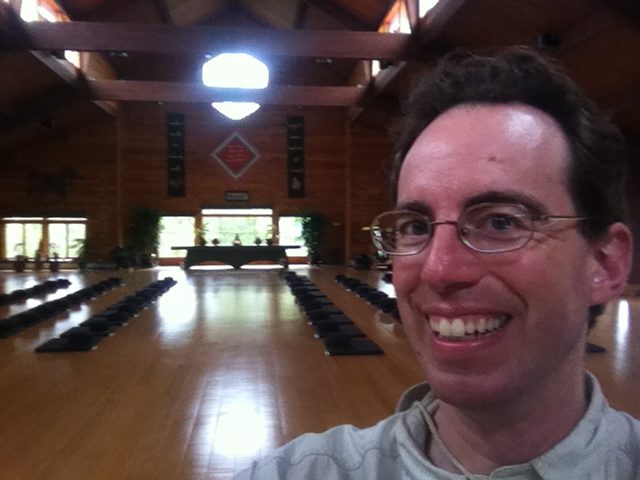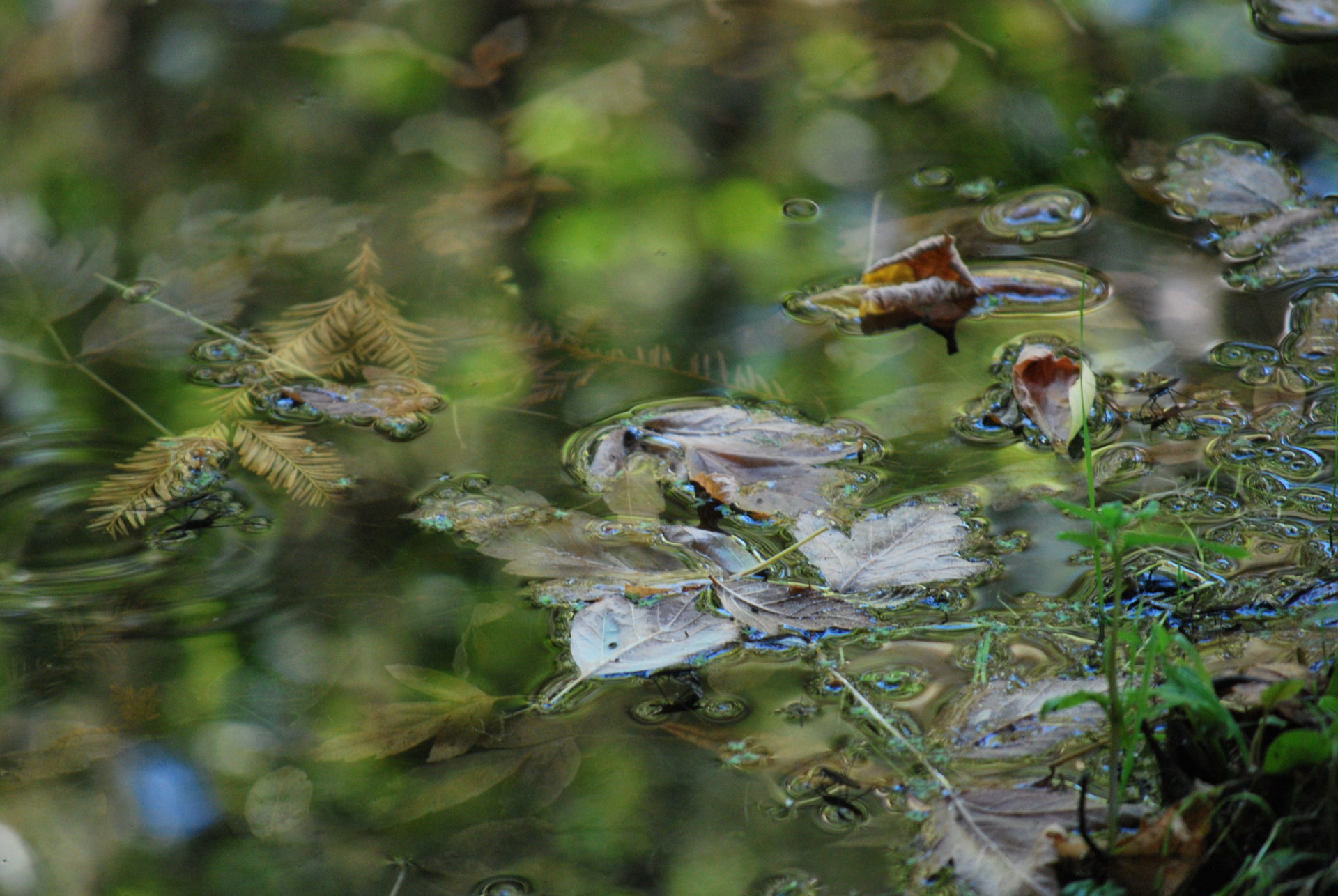By Douglas Anthony
You, too, should weep, my dear.
Your tears will be like crystals. (Weeping makes you beautiful.)
Your tears will transform the deserts into green gardens,
refreshing the Earth, ushering in buds of hope.
—Thich Nhat Hanh,
“One Arrow, Two Illusions,” Call Me by My True Names
I’ve been visiting Deer Park Monastery since 2001,
By Douglas Anthony
You, too, should weep, my dear.
Your tears will be like crystals. (Weeping makes you beautiful.)
Your tears will transform the deserts into green gardens,
refreshing the Earth, ushering in buds of hope.
—Thich Nhat Hanh,
“One Arrow, Two Illusions,” Call Me by My True Names
I’ve been visiting Deer Park Monastery since 2001, and I have noticed that almost every practitioner has an area of sharing that brings up discomfort. Sometimes emotions become so powerful that they bring tears to our eyes.
I remember during a Dharma sharing I was facilitating, one participant began crying after a powerful sharing of deep trauma. The group was deeply moved, and I knew that if someone spoke unskillfully or offered advice, it would cause much suffering. The group needed time to come back to the sensations of the body and to the breath.
I remembered how Thay invented hugging meditation after he was unexpectedly hugged for the first time in his monastic life. I decided to take a risk and try a guided meditation on crying. The words I spoke were similar to these:
Breathing in, I know I am crying.
Breathing out, I know my tears cannot hurt me.
Breathing in, I hold my suffering lovingly like my own child.
Breathing out, I know the tears are cleaning and lubricating my eyes.
Breathing in, I visualize my tears washing away the dust of suffering from my eyes.
Breathing out, I have gratitude for my tears.
Breathing in, I know some people are unable to produce tears.
Breathing out, I know they suffer with eye drops and some have even gone blind from lack of tears.
Breathing in, I am so lucky I have eyes that naturally produce tears.
Breathing out, I smile to my tears.
I then led a short session of total relaxation/body scan, guiding the group toward calming the body until the energy of the group settled and there was a sense of peace. It took about ten minutes.
Afterwards, I asked the group if the meditation had been helpful to them, and I received positive comments from everyone. I’ve done this practice many times and have found it deepens the sharing with greater healing and peace.
I’m in the pleasant position of being the healthiest I’ve ever been in my life, and I believe the Plum Village practice is the reason. By not giving in to despair and by cultivating happiness, I’ve found a peace that surpasses the joy I had while I was the world’s youngest Shaker monk. One aspect of my healing has been my ability to accept my tears and sadness and transform them into joy and bliss. I have found that the seeds of suffering never go away, but not watering them has made a huge difference in my life.
After ten years of caring for my sick, widowed mother, I am very lucky to have time to meditate and to look deeply at my life. As I sit in the library and enjoy the peace and quiet of a life of examined awareness, it’s amazing to see all the wonders of life.

Douglas Anthony received a bachelor’s degree in history from Humboldt State University. He has worked in the computer industry, in nuclear waste management, and for the defense industry. In 1991, he committed himself to nonresistance and truth. From 1998-2001, he was a member of the only active Shaker community in the world, located near Portland, Maine. He has performed with the Boston Camerata at Lincoln Center and recorded a CD of Shaker songs with Glissando Records.

